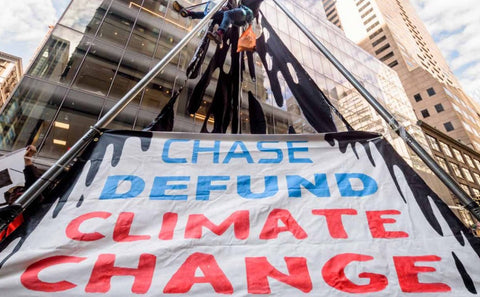
A Year in Lockdown: How the Environment Bounced Back in a Crisis
Today marks exactly one year to the day since the first lockdown started in the UK. Whilst reflecting on this moment gripped in another lockdown, we’re happy to say it’s not all doom and gloom. One huge positive we’ve gained over the past 12 months is watching nature’s ability to bounce back in a crisis.
We’d like to highlight some top environmental wins that would never have been possible without a worldwide lockdown.
Coronavirus drives record fall in global emissions in 2020
The global response to Covid-19 last year saw the biggest annual fall in CO2 emissions since World War Two. A study showed that emissions declined by around 7% worldwide in 2020, with France and the UK recording the greatest falls. This was mainly due to the severe shutdowns in response to a second wave of infections.

Himalayas visible in India for first time in decades
In April last year, citizens in Northern India saw a view of the Himalaya Mountains for the first time, due to a drop in air pollution. Those living in Northern India took to social media to share photos of the mountain range from rooftops and empty streets, amazed by the view that had been hidden by pollution for 30 years.

New pangolin protections are boosted in China
China raised it’s protection for pangolins last year, as part of its crackdown on the wildlife trade following the pandemic’s spread. Pangolins are the world’s most trafficked mammal, and are popularly consumed in Asia for their meat and use in traditional Chinese medicine.

Milan rolls out ambitious scheme to pedestrianise streets and reduce car use
The northern Italian city is turning 35km of streets over to cyclists and pedestrians this summer, after being badly hit by COVID-19 last year. An expansion of cycling and walking space is being planned to protect residents, after traffic congestion dropped by 30-75% in the first lockdown last Spring.

Banks shift away from fossil fuels during pandemic
A long-term shift away from dirty fossil fuels has accelerated during the nation’s lockdowns. Investors started to respond to scientific advice on climate change, with BNP Paribas being one of the first financial institutions to sever ties with coal. The bank has a planned exit from coal financing to 2030 to bring its portfolio in line with the Paris climate goals sooner.


